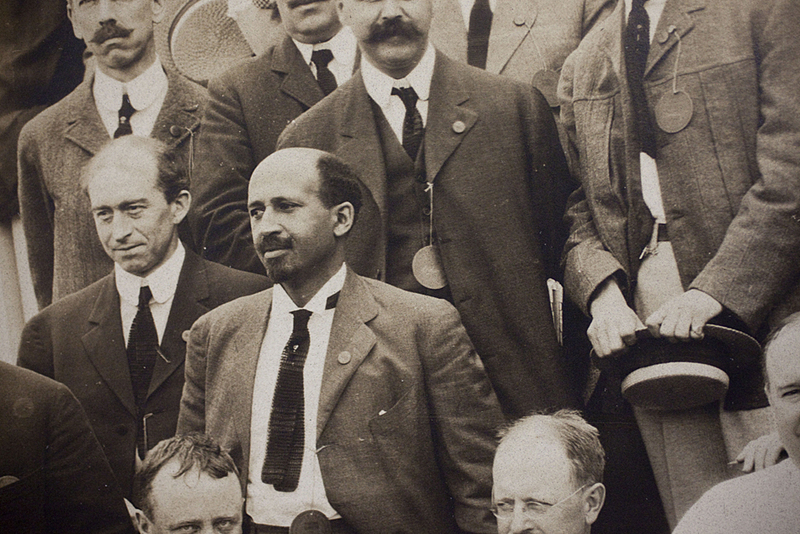W.E.B. DuBois: "Can the moral fibre of this country survive the slow throttling murder of nine millions of men?"
W.E.B. Dubois, one of the most well-known critics of Washington, elucidates his own form of combatting the suppression in his 1903 essay “Of Mr. Booker T. Washington and Others”. In his essay he recounts the process of late slavery in the US to black enfranchisement, praising the “self-assertion, especially in political lines”[1], which directly attacks Washington’s sentiments regarding those officials. His main critique of Washington lies in the belief that, by ceding the power gained in the political sphere as well as black activism and higher education for the black community, the opposite has occurred. By relying upon the kindness of the white hegemony to offer them a step up, Dubois sees the black community in a vice with the hegemony slowly tightening its grip over them. His conclusion on how to better the standing of the black community comes from both the reestablishment of rights lost in Reconstruction (enfranchisement, civic equality, and the option for higher education and the continued critique of all guilty parties in the oppression of blacks.
[1] Dubois, W.E.B. “Of Mr. Booker T. Washington and Others”, The Souls of Black Folk. 1903. History Matters. http://historymatters.gmu.edu/d/40
